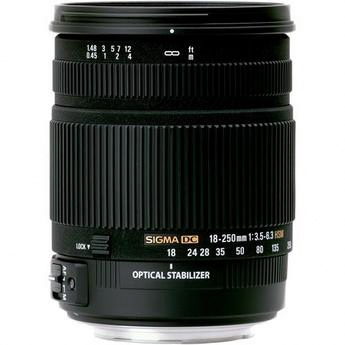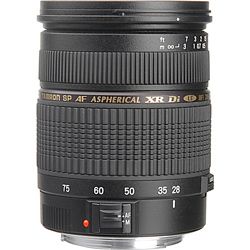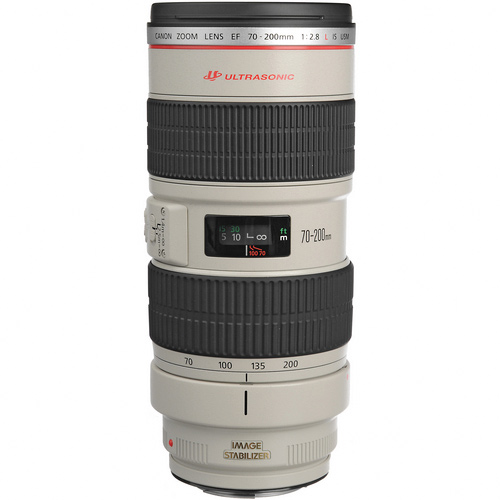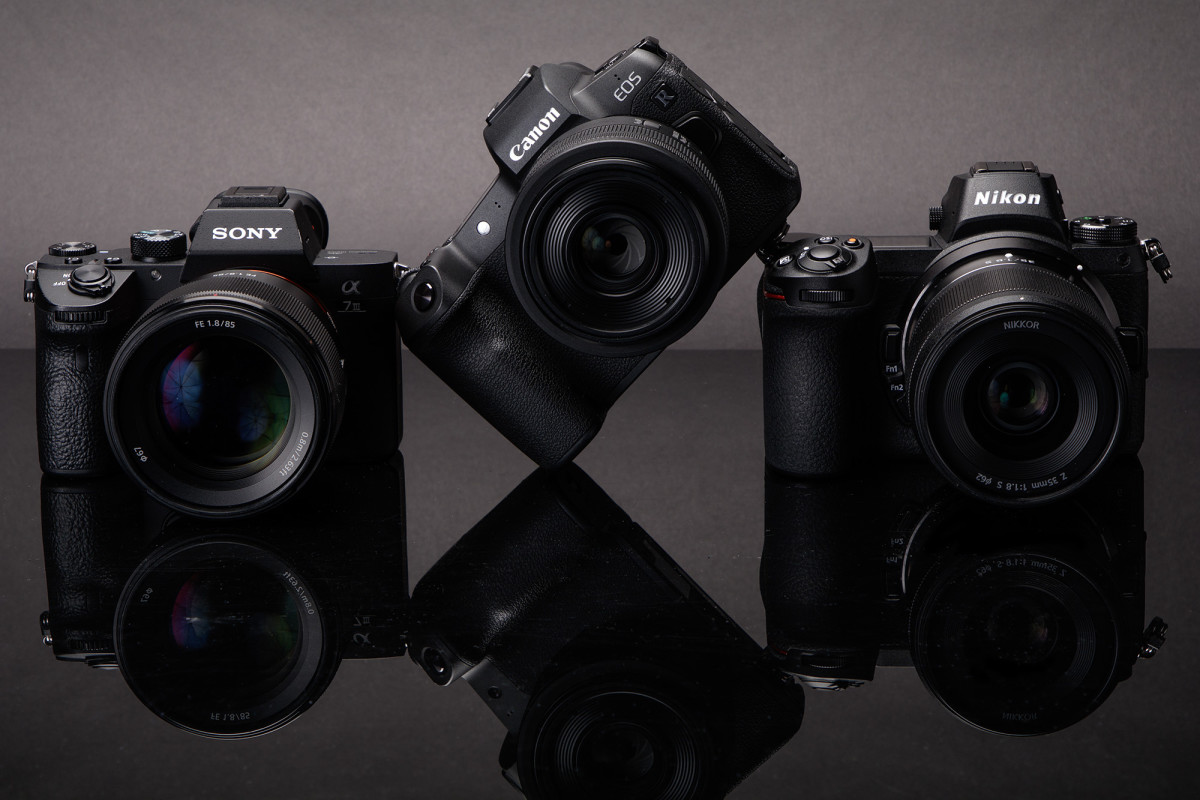DSLR Lens Choices - Which Lens Comes After the Kit Lens
Which Lens Should You Buy Next
Are you ready for that next lens? You bought that new, beautiful Digital SLR just so you would be able to change lenses, right?
But now you are faced with a choice between... how many lenses?
Well, it doesn't have to be totally complicated or frustrating.
Start with one simple question: What kind of pictures do you want to take that are difficult to take with your current lens or lenses?
The answer should lead you in the right general direction. Below you will find some guidelines that may help in your decision making process. Please note that there may be more than one solution to a particular type of photography. There are low budget answers to almost every category of lens. But keep in mind that really good lens glass is not inexpensive, so there will be those suggestions, as well.
Geeky stuff: There are two DSLR camera types mentioned in this article. The first is a "full-frame" camera. A full-frame camera takes a picture using a larger sensor inside the camera which requires no compression of the pixels, or cropping. The other type of DLSR is an APS-C. These cameras have a crop type sensor that does essentially that - it forces the pixels into a smaller space. The result is that you get a larger image than what the lens length specifies. Basically it takes a focal length and multiplies it by a factor of 1.6 for a Canon or 1.5 for a Nikon. So if you had a 100mm lens on an APS-C camera it would act like a 150mm lens on a Nikon or a 160mm lens on a Canon.
Do You Want One Lens to Shoot Everything?

The All-Purpose Zoom Lens
Typically these lenses will be 28-300mm or 18-250mm. This category has not been around very long, but it is growing in popularity, especially for travel or vacation photography.
If you are using a full-frame DSLR, you can opt for the 28-300, but if you are using one of the APS-C cameras, you will want to get the wider angle lens - 18-200 or 18-250.
The good thing about these lenses is just what the category is called - all purpose. One lens does it all. The optics on most of these newer lenses are pretty good. Bear in mind that most of them are geared toward a lower budget. Therefore they will be somewhat slow (f/6.3) at the long end of the zoom. They have a varying aperture that usually goes from f/3.5 at the wide angle end up to f/6.3 at the long end. This means that you need to have plenty of light when shooting at the top end of the zoom.
Some recommendations: Sigma 18-250, Tamron 18-200
Fast Midrange Zoom

Is the range of your current kit lens all right, except you want sharper photos and faster shutter speeds?
The kit lens shipped with many cameras, especially the entry level DSLRs, is limited in build quality and aperture. The telephoto range for a midrange lens is about 17-55 for APS-C or 24-75 for full frame. (Remember when you are shooting with an APS-C camera such as a Canon Rebel or Nikon D5000 there is a mulitplication factor of 1.6 or 1.5 times the focal length of the lens.)
The important feature of this category is the aperture. Go for an f/2.8 lens with a good reputation. The faster aperture will cost you more than a kit lens, but the results are definitely going to be there.
From personal experience, I bought a Tamron 28-75 f/2.8 as my first lens instead of getting a kit lens with my Canon Rebel, and I was never sorry I did. That Tamron lens takes amazing photographs.
Recommended Lenses: Tamron 28-75 f/2.8, Canon 17-55 f/2.8, Canon 28-70 f/2.8L, Nikon 17-55 f/2.8
Macro Lens
Do you want to shoot ultra close-up shots?
Typically you want a single focal length lens to shoot macro. These are also called "prime" lenses. They can be anywhere from 50mm to 200mm. A dedicated macro lens is actually made with the ability to focus at a much closer range than a normal lens. So you can focus from as close as a couple of inches to get all the details of a flower or an insect.
You can use your macro lens for other purposes, such as portraits or as a medium telephoto lens.
Recommended lenses: Sigma 105mm, Sigma 150mm, Tamron 90mm, Canon 100mm, Canon 180mm (all of these would have the word "macro" in their title).
Ultrawide Zoom
Great Lens Choices
Do you fancy yourself taking lots of landscape photos?
For an APS-C you will want a zoom of about 10-20mm, and for a full-frame you will want about 14-24mm. An ultrawide zoom is indispensable for landscape photographers.
For landscapes, you don't need an ultra fast lens, such as an f/2.8. What you want is a smaller aperture in order to get detail in the full photo. So you will set your aperture at something like f/5.6 or even higher. You will also want to carry your tripod along with you.
The one drawback from an ultrawide zoom is the possible distortion at the edges of your photos. So you will want to check the reviews of lenses in this category (unless you buy the recommended lenses in this article).
Recommended lenses: Canon 17-40 f/4.0L (considered one of the best landscape lenses for Canon cameras), Tokina 10-17mm
Long Telephoto Lens

Do you want to take long distance shots of wildlife or sports?
There are actually two lens categories here. There is a medium distance telephoto as well as a long distance telephoto. And inside those two, you will find that the aperture makes a huge difference in the price you will have to pay.
Medium telephoto lenses have zoom range focal lengths of about 70-300mm. Then there are the super-telephoto lenses that go above the 300mm range.
You can take nice pictures of sports events and nature with even the least expensive lens if you know the limitations of the lens... AND you understand that you will not be taking National Geographic quality photos with a $150 lens.
Recommendation for budget long range telephoto lenses: Tamron 70-300mm, Canon 55-200mm, Nikon 55-200mm, Nikon 70-300mm
Recommendations for better long range telephoto lenses: Canon 70-200mm, Canon 100-400mm, Canon 300mm, Nikon 70-200mm, Nikon 300mm
More SUPERIOR Lens Choices
- Canon EOS Lenses
Canon EOS Lenses - The Very Best - a list of lenses that have been chosen by discerning photographers for their Canon EOS digital SLR camera







